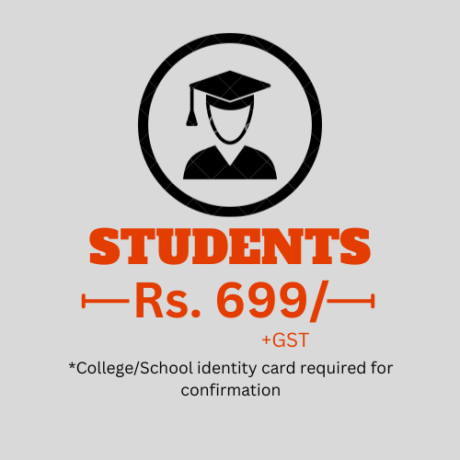India-US trade ties hit by tariff policies under Trump administration: US Congress report
Washington: Under the Trump administration, US-India tensions have increased over each side’s tariff policies, a Congressional report has said, noting that the two sides have also held concerted negotiations to address these trade frictions.
The bipartisan Congressional Research Service (CRS), in its latest report, pointed out that India’s recent tariff hikes on cell phones and other telecommunication goods went up from zero per cent to 15-20 per cent in the last few years.
“Under the Trump administration, bilateral tensions increased over each side’s tariff policies. In general, India has relatively high average tariff rates, especially in agriculture. It can raise its applied rates to bound rates without violating its commitments under the WTO (World Trade Organization), causing uncertainty for US exporters,” said the CRS report, which is prepared for the members of Congress ahead of trade decisions.
The United States and several other countries have requested to join various WTO dispute consultations against India, related to its technology tariffs, also questioning its compliance with the WTO Information Technology Agreement (ITA).
“India opposes the 25 per cent steel and 10 per cent aluminum national security-based ‘Section 232’ tariffs that the Trump Administration imposed in 2018. India repeatedly delayed applying planned retaliatory tariffs against the United States in hopes of resolving the issues bilaterally,” it said.
After India lost its eligibility for the US Trade Preference Program, India imposed higher tariffs of 10 per cent to 25 per cent, affecting about USD 1.32 billion of US exports, such as nuts, apples, chemicals, and steel, the report stated, adding that the two sides are challenging each other’s tariffs in the WTO.
“Under the Trump administration, the United States and India held concerted negotiations to address trade frictions. A potential trade deal could include partial restoration by the United States of India’s GSP (Generalized System of Preference) benefits in exchange for certain market access commitments according to press accounts,” CRS said.
Yet, the long-expected limited trade deal has not materialized to date, the report said.
Negotiations under prior administrations on a Bilateral Investment Treaty (BIT) are stalled due to differences on approaches on investor protection.
On the government-to-government trade policy, the CRS listed a set of key issues. Main among them was what aspects of bilateral trade relations would change or remain the same under a President-elect Joe Biden-led administration.
President Donald Trump, a Republican, is set to be succeeded by Biden, a Democrat on January 20 after he won the November 3 presidential election.
Other key issues were, what trade issues should the United States and India priorities in future talks, the potential for broader trade agreement negotiations, will India and the United States renegotiate entry into the Regional Comprehensive Economic Partnership (RCEP) and Comprehensive and Progressive Agreement for Trans-Pacific Partnership (CPTPP), or potentially seek other ways to engage on regional issues, and are there opportunities for the United States and India to bridge differences on multilateral trade issues.
Noting that India and the US have signed defense contracts worth more than USD 20 billion since 2008, up from USD 500 million in all previous years combined, the CRS said the future big deals are the purchase of an Integrated Air Defense Weapon System, valued at nearly USD2 billion, and 30 MQ-9B Sky Guardian drones worth more than USD 3 billion.
“India is eager for more technology-sharing and co-production initiatives, while the United States urges more reforms in India’s defense offsets policy and higher Foreign Direct Investment caps in its defense sector. India’s multibillion-dollar deal to purchase the Russian-made S-400 air defense system may trigger US sanctions on India under the Countering America’s Adversaries Through Sanctions Act,” the CRS said.


